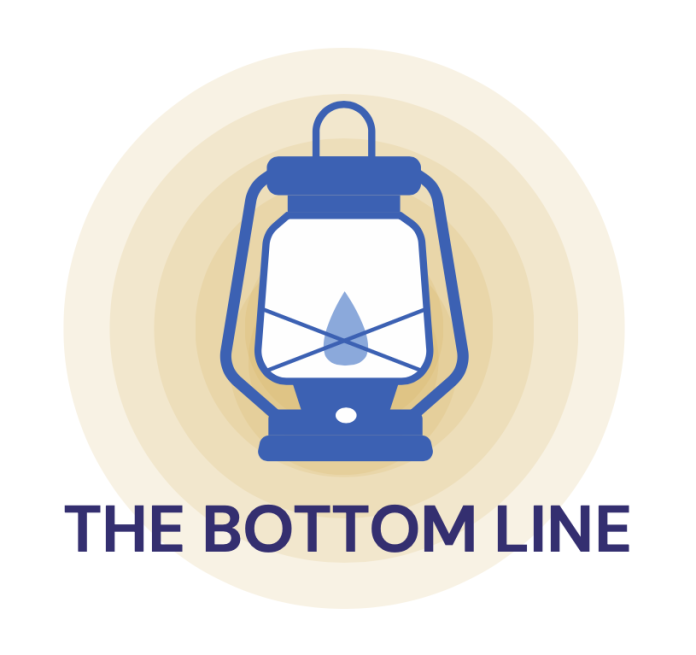Spencer Page
Senior Staff Writer
In a country where homeownership is often considered a cornerstone of the American Dream, a quiet yet seismic shift is occurring under our feet. Increasingly, every day families are being priced out of the housing market by financial institutions who have taken great advantage of the market in the wake of the 2008 housing market crash. Today, companies such as BlackRock, Blackstone, and Invitation Homes are buying up single-family homes, transforming them into long-term rental properties, and reshaping the housing landscape in ways that disadvantage hopeful, first-time home buyers.
While private equity firms and institutional investors aren’t new players in the housing market by any means, their appetite for single-family homes has exploded in the last fifteen years, peaking in the aftermath of the pandemic. In the first three months of 2024 alone, investors bought 14.8 percent of homes across the country. In some cities, such as Kansas City and St. Louis, investors purchased around one in five homes.
Their strategy is simple and yet extraordinarily effective: they purchase homes in bulk with cash, outbidding local buyers, and convert the properties into rentals. This not only limits the housing available to everyday families but also continues to inflate home prices nationwide.
BlackRock, one of the largest players in the housing market, has repeatedly denied its role in driving up prices. On its website, the company claims that it does not buy individual homes through its direct investment portfolios. But this declaration is misleading. Through its massive holdings and acquisitions, such as Tricon Residential, their inventory of single family homes is up to 61,964.
These effects are stark and widespread. A study that analyzed the outcomes of the single-family rental market in Minneapolis and St. Paul found that institutional investors are more likely to charge higher rent and service fees as well as evict more frequently than smaller landlords.
Let’s be clear: this is not simply a real estate issue. This is a systemic failure, rooted in decades of financial deregulation, governmental inaction, and skewed priorities that favor investor profit over citizen welfare. It is part of an alarming trend where housing, one of the core pillars of the “American Dream,” is increasingly being treated as a financial instrument instead of a fundamental social good.
Furthermore, this problem cannot be addressed without acknowledging the economic and racial implications. These institutional investors disproportionately target working-class neighborhoods and communities of color, continuing long-standing patterns of inequality. In a country in which the wealth gap is only growing generation after generation, eliminating a vital way of building wealth through homeownership will further exacerbate the divide.
Thankfully, there are signs of pushback against this problem. California legislators recently proposed a bill to limit bulk home purchasing by institutional investors, and half a dozen other states, such as Washington, have started working on legislation to help the problem.
Though these are encouraging signs, more comprehensive federal action is needed. While I don’t expect it to happen during the current administration, Congress must investigate policies, such as capping the amount of single-family homes that can be owned by a corporate entity, offering incentives to first-time homebuyers, and expanding grants to community land trusts. We must shift the narrative around homeownership, recognizing it not as a commodity to be exploited for profit by institutional investors, but as a fundamental right that can provide stability and build generational wealth for families country wide.
As students and future contributors to the workforce and society, we often discuss the systems that work poorly in this country and what we can do to improve them. When it comes to housing, the issue is clear: the dream of homeownership is a privilege that cannot be left to private institutions. If we don’t act soon, Wall Street won’t just be on the Main Street of your town—it will own it.











